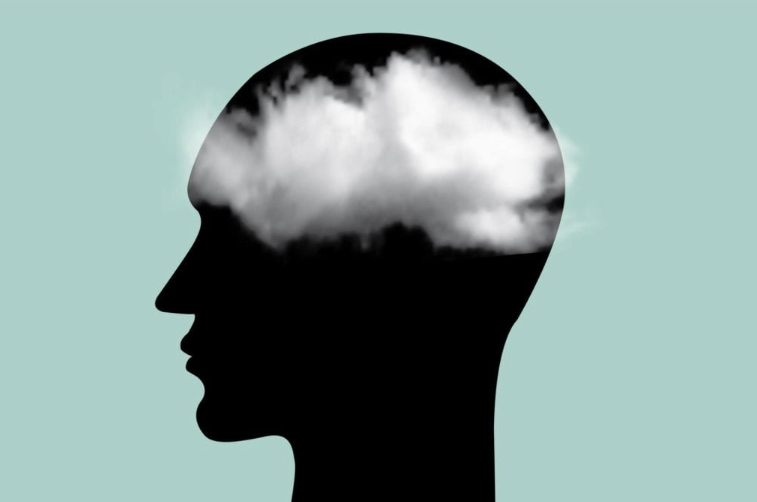
Sleep, Stress, or Hormones? Brain Fog During Perimenopause and Its Impact on Cognitive Health
Share
When people think of perimenopause, irregular periods and hot flashes often come to mind. However, many women also experience brain fog during this time. You might find yourself reading a letter only to realize your thoughts have drifted, or you may draw a blank on someone's name or forget why you entered a room. While these cognitive blips are usually not a long-term concern, they do highlight the importance of maintaining cognitive health and preventing cognitive decline.
Sleep Disturbances and Stress Contribute to Brain Fog
Brain fog during perimenopause is not solely due to hormonal changes. Sleep quality, often disrupted by night sweats, can significantly impact cognitive function. Additionally, increased stress during this stage of life can leave you feeling frazzled and distracted, further interfering with concentration and memory.
Poor sleep can make you feel cranky and sluggish, leading to memory lapses because you weren’t fully attentive when new information was presented. Similarly, stress can divert your thoughts from the task at hand, as you are preoccupied with other worries.
Strategies to Combat Brain Fog and Enhance Cognitive Health
If you are experiencing brain fog, several strategies can help clear your mind and improve cognitive function:
Slow Down: Recognize when you are distracted and take a moment to breathe and refocus. Give your brain time to process new information by finding quiet moments for reflection.
Manage Stress: Engage in mindful meditation or other stress-reduction techniques to help you relax and stay present. This can improve your ability to absorb and recall information.
Regular Exercise: Physical activity benefits both your body and mind. Studies show that moderate-intensity exercise, three days a week, can increase the size of the hippocampus, the brain region involved in memory and learning.
Improve Sleep Habits: Enhance your sleep quality by adopting good sleep hygiene practices, such as avoiding electronic devices before bed and establishing a regular sleep schedule. If these strategies don’t help, consult your doctor.
Use Memory Tricks: Employ mnemonic devices, rhymes, visual or verbal cues, and repetition to help your brain store information more effectively. These techniques can be as helpful now as they were during your school years.
When to Seek Help
Most small memory lapses are not a cause for concern. However, if perimenopausal symptoms, including brain fog, trouble sleeping, or irregular periods, bother you, discuss possible solutions with your doctor. It's crucial to seek medical advice if:
Memory changes occur suddenly or are accompanied by hallucinations, paranoia, or delusions.
Memory lapses pose a safety risk, such as affecting your driving or causing you to forget food cooking on the stove.
Conclusion
Perimenopause can bring about brain fog and other cognitive challenges, but these can often be managed through lifestyle adjustments. By addressing sleep disturbances, managing stress, exercising regularly, and employing memory aids, you can support your cognitive health and help prevent cognitive decline. Stay vigilant about your cognitive symptoms and seek professional help when necessary to ensure your brain remains healthy during this transitional period.
